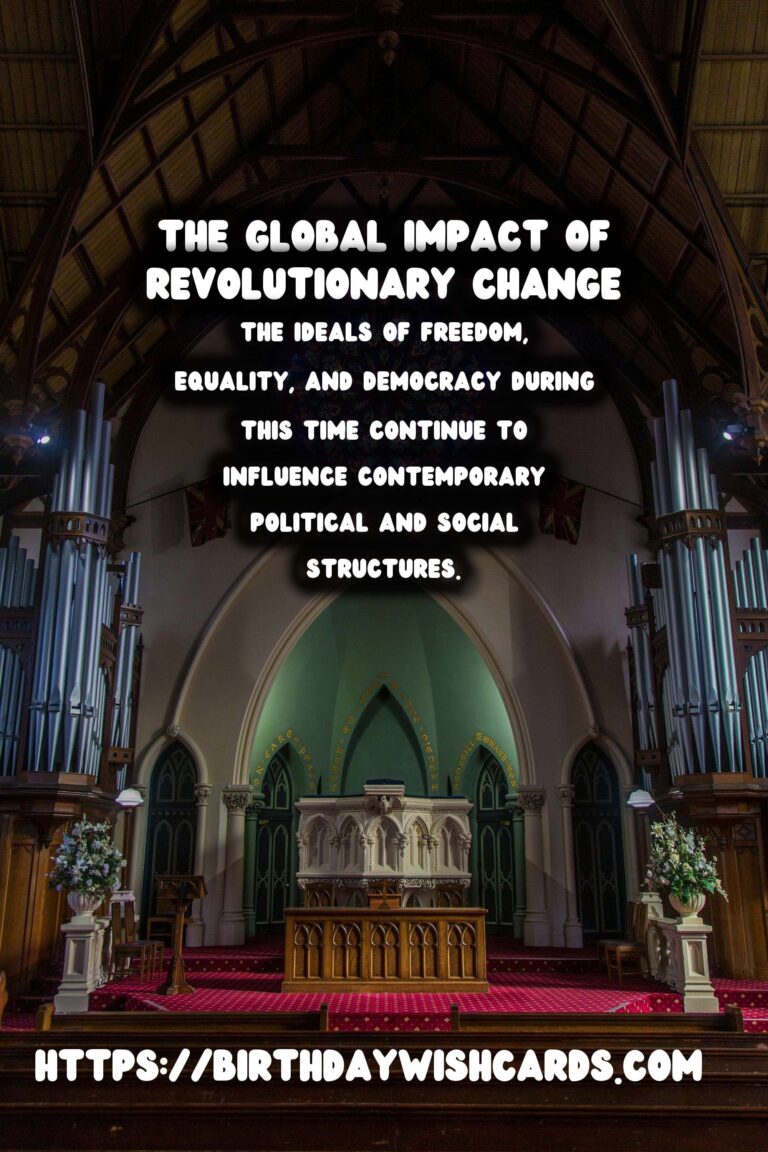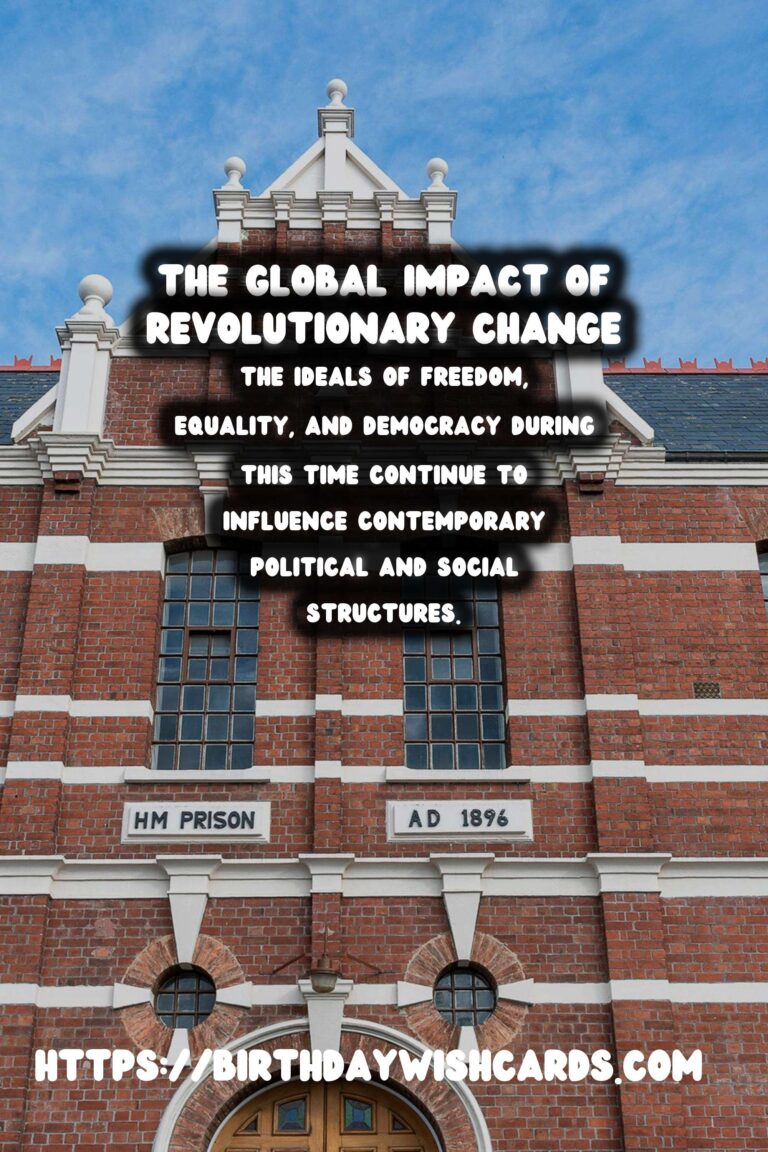
The Age of Revolution, spanning approximately from the late 18th to the mid-19th centuries, was a period marked by widespread revolutionary movements that fundamentally shaped modern society. This era is characterized by a series of political, social, and economic transformations that took place across the globe.
Introduction to the Age of Revolution
The Age of Revolution is often associated with key events such as the American Revolution, the French Revolution, the Industrial Revolution, and the numerous revolutionary uprisings in Latin America, Europe, and beyond. Each of these movements contributed to the reshaping of global political landscapes, influencing ideas of governance, freedom, and equality.
Political Transformations
The political revolutions of this period were driven by the desire for independence, the end of monarchistic rule, and the establishment of democratic principles. The American Revolution set a precedent for colonial independence and the concept of self-governance. Similarly, the French Revolution inspired a wave of republican ideals, leaving a lasting ideological legacy worldwide.
Other notable movements include the Haitian Revolution, which was the first successful slave revolt leading to an independent state, and the various European revolutions of 1848 that sought to dismantle autocratic governance structures.
Economic Changes and the Industrial Revolution
The Industrial Revolution was arguably one of the most significant developments of this period, inaugurating a shift from agrarian economies to industrialized systems. This shift revolutionized manufacturing processes, increased productivity, and spurred urbanization and technological advancements.
The introduction of machinery and the factory system underpinned the growth of capitalism, influencing global trade patterns and facilitating economic interdependence between nations.
Social Impacts
With economic progress came profound social changes. The rise of a working and middle class altered traditional societal structures. Industrialization demanded a labor force, leading to population shifts from rural areas to burgeoning urban centers.
Revolutionary thought also extended to social rights, laying the foundation for movements advocating for labor rights, gender equality, and the abolition of slavery. These societal shifts instigated debates over human rights and the role of the state in providing for its citizens.
Cultural and Ideological Shifts
The Age of Revolution also gave rise to significant cultural and ideological shifts. The Enlightenment period, overlapping with this era, promoted reason, science, and humanism, challenging traditional authority and inspiring new philosophical thought.
These ideas manifested in the arts, literature, and science, contributing to a cultural renaissance that influenced educational practices and societal values.
Conclusion: The Lasting Legacy
The Age of Revolution fundamentally altered the trajectory of global history. The ideals of freedom, equality, and democracy that emerged during this time continue to influence contemporary political and social structures.
While the revolutions of this era were turbulent, often accompanied by violence and conflict, the transformative changes they spearheaded paved the way for the modern world as we know it today.
Understanding the Age of Revolution is crucial in comprehending the development of contemporary political systems and the ongoing pursuit of social justice worldwide.
The Age of Revolution is often associated with events such as the American Revolution, the French Revolution, the Industrial Revolution, and numerous uprisings globally. The ideals of freedom, equality, and democracy during this time continue to influence contemporary political and social structures. 









#AgeOfRevolution #GlobalImpact




